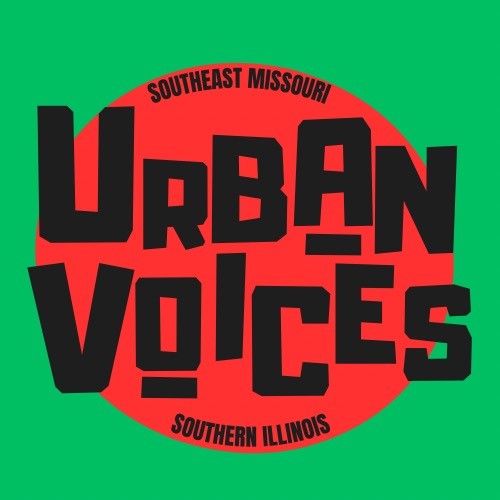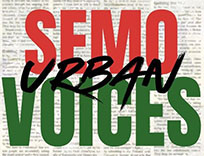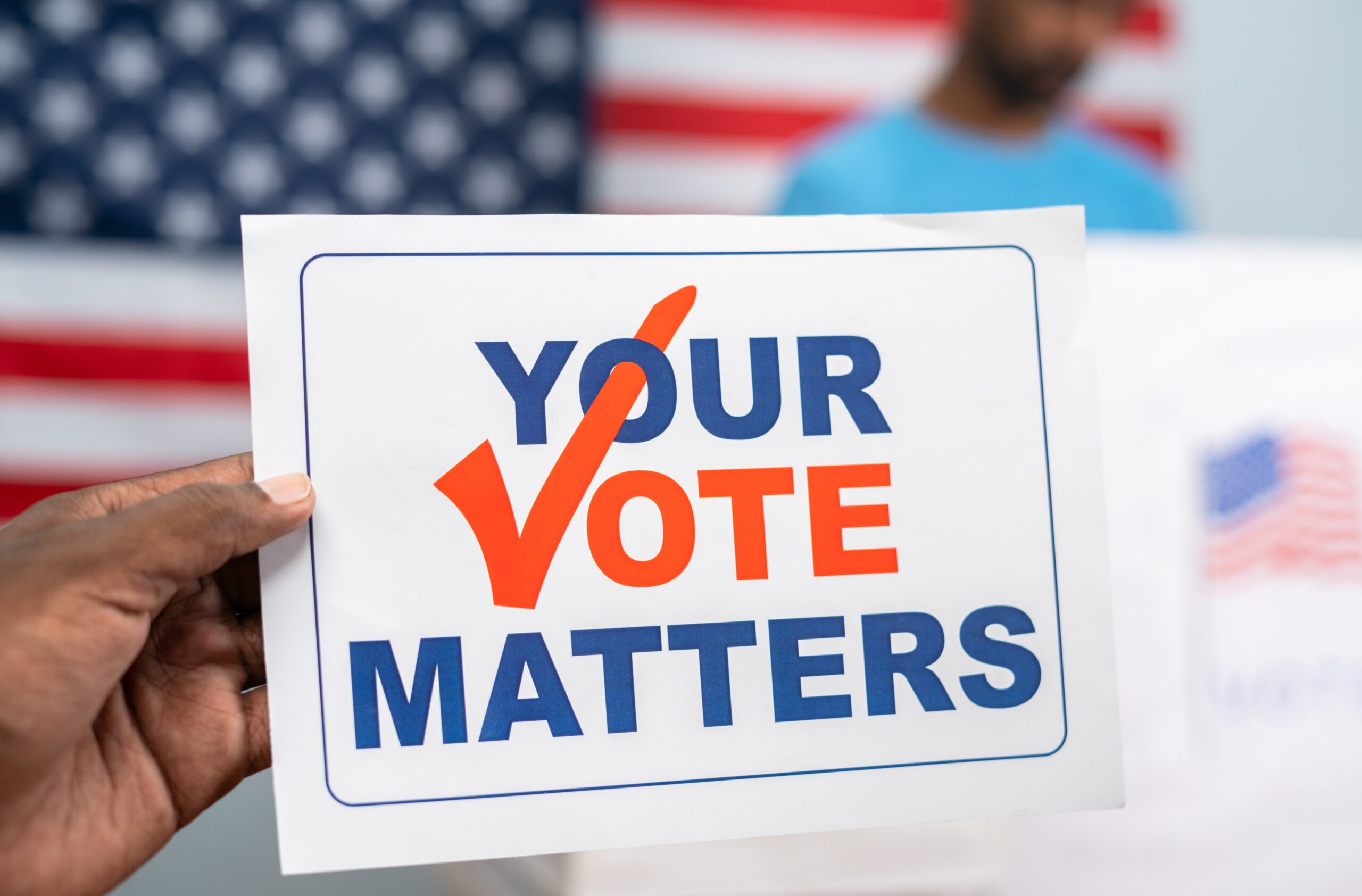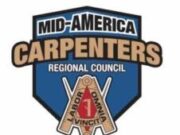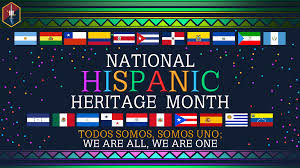From September 15 to October 15, Americans across the country will once again come together to celebrate National Hispanic Heritage Month. This month-long observance highlights the vibrant cultures, histories, and contributions of Hispanic and Latino Americans, whose roots trace back to Spain, Mexico, the Caribbean, and Central and South America. It is a time to acknowledge the struggles, achievements, and cultural contributions of Hispanic Americans, to honor the deeply embedded influence that Hispanic culture has had on the shaping of the United States.
National Hispanic Heritage Month began as a week-long celebration in 1968, under the administration of President Lyndon B. Johnson. Recognizing the growing importance of Hispanic contributions, In 1988, President Ronald Reagan expanded it to cover 30 days, marking September 15 as the start of the festivities. This date holds historical importance as it coincides with the independence anniversaries of Costa Rica, El Salvador, Guatemala, Honduras, and Nicaragua, while Mexico and Chile celebrate their independence shortly afterward on September 16 and 18, respectively.
While “Hispanic” is commonly used to describe people of Latin American and Spanish descent, the term is not without controversy. Coined by the U.S. government in the 1960s, it was intended to provide an inclusive label, yet it often oversimplifies the vast diversity of the people it represents. For many, the term “Hispanic” feels limiting, a one-size-fits-all term that ignores the unique histories and identities of people from various regions. under one broad category.
The Hispanic community in the U.S. is increasingly multiracial and multiethnic, with identities that span national and cultural boundaries. Despite these complexities, the term “Hispanic” has proven useful allowing Hispanic communities to mobilize around shared experiences and concerns, such as civil rights, immigration, and political representation.
Hispanic culture is not a separate entity from American culture — it is American culture. Hispanic Americans have left an indelible mark on American culture and history. Many aspects of daily life in the U.S. are deeply rooted in Hispanic traditions, though they may not always be recognized as such. For instance, the cowboy culture that is synonymous with the American West originated in Spain and Mexico, along with the tradition of rodeos. Even the popular concept of BBQ stems from the Spanish word barbacoa, blending Spanish and Caribbean culinary traditions.
Hispanic Americans have also played a crucial role in the defense of the nation. As of 2017, over 1.2 million U.S. veterans were of Hispanic descent, having served in every major conflict from the Revolutionary War to the present.
National Hispanic Heritage Month is more than a cultural celebration; it is an opportunity for learning, reflection, and growth. It encourages Americans of all backgrounds to deepen their understanding of Hispanic culture and history, to appreciate the achievements of Hispanic individuals and communities, and to recognize their ongoing contributions to the fabric of the nation. This month serves as a reminder of the strength found in diversity and the importance of inclusion and representation in shaping a more equitable future.
As the U.S. population grows and becomes more diverse, National Hispanic Heritage Month underscores the need to honor and appreciate the unique cultures that make up the fabric of America. Celebrating Hispanic Heritage Month serves as a reminder of the importance of inclusion and representation. It’s a time to acknowledge the past, appreciate the present, and look forward to a future where Hispanic communities continue to thrive and contribute to the cultural fabric of America.
